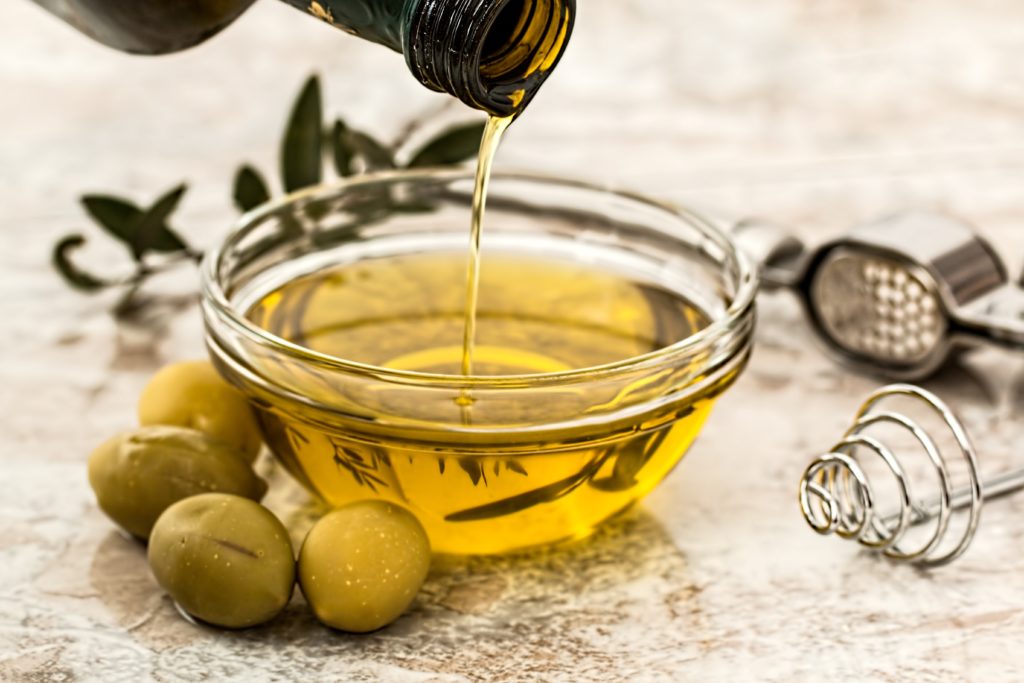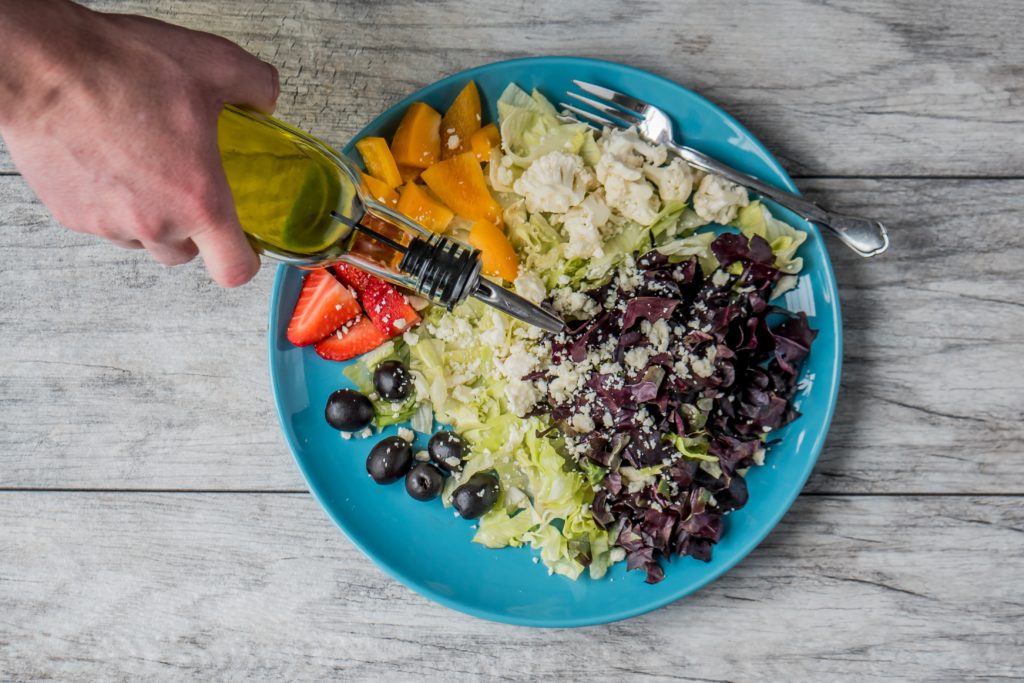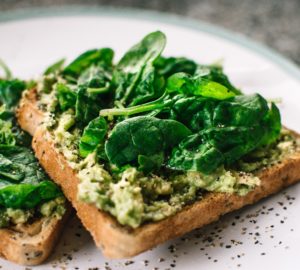How to pick the best oil for your plant-based cooking and baking
Oil is one of those ingredients that can seem like an afterthought. Whatever is in the pantry often feels “good enough” regardless of the recipe. And grocery shopping for oils can be one big blur with the sheer amount of options crammed on the shelves… canola oil, olive oil, walnut oil, the list goes on and on.
If you’re thinking, what’s the difference and why should I care? We are here for you. While so many oils are out there and most of them are great sources of healthy fatty acids, they don’t all serve the same purposes.
Which oil should you use for your plant-based cooking?
What’s a “smoke point” and why does it matter?
One big thing to pay attention to is “smoke points”: the temperature at which the oil stops simmering (in a good way) and starts getting smokey (in a not so good way).
Of course, sometimes a little smoke isn’t the worst thing, like in a wok dish. But other times, it can make food burned, bitter, and scorched. Even worse? The burning can destroy the oil’s benefits and release bad things like free radicals. No, thanks!
How to store cooking oils
No matter which oil you choose, it’s important to rotate your oils every now and then (meaning you probably shouldn’t use the same bottle for more than two years). And it’s ideal to store oils with a tight seal in a cool, dark place — nut/seed oils should be kept in a fridge.
Here’s our guide to plant-based cooking oils, so you can know what to reach for and why. (Note: smoke points are pulled from What’s Cooking America.)

Almond Oil
If you love a toasted flavor, then almond oil may be just the ingredient for you. It’s typically best for cold dishes, sauces, dressings, and other lower-heat dishes. While it’s smoke point is 420°F, the high temperatures can take away from the nutty taste and nutritional value.
Besides a yummy flavor, almond oil is also packed with Vitamin E and fatty acids, which are known to be great for skin.
Avocado Oil
Being full of feel-good benefits like antioxidants and healthy fats are just some of the reasons avocado oil a vegan fave. It’s also very versatile with a high smoke point at 520°F, which makes it delicious for dipping, drizzling, and cooking (think: olive oil with a higher smoke point).
Canola Oil
Canola oil is full of heart-healthy fats and rich vitamins. Its neutral flavor combined with its high smoke point at 400°F makes it a go-to ingredient for baking, grilling, cooking, and stir-frying. While we don’t recommend it as a dipping ingredient, it’s a good choice in salad dressings and marinades.
Coconut Oil

The natural sweetness of coconut oil makes it a favorite for baking recipes — it can even serve as a substitute for butter. Coconut oil has also been known to boost energy, reduce hunger, and increase metabolism.
However, a little goes a long way. Coconut oil is 90 percent saturated fat, which means it may not be so good in massive heaps. But if you love the taste and benefits, you can scoop a tablespoon into smoothies or coffee for a little added richness.
The smoke point is 350°F, which makes it a great choice for cold recipes or sautéing, but not necessarily frying.
Olive Oil

Chances are you’ve dipped bread in olive oil at some point and used it as a simple dressing. Olive oil is one of the most popular dipping, drizzling, and sautéing oils. And for good reason!
It’s the gold standard of oils because it’s packed with good-for-you vitamins and all sorts of healthful nutrients.
Though, the smoke points vary depending upon the type of olive oil (extra virgin is 320°F, virgin is 420°F, extra light is 468°F). So, choose wisely! If you’re cooking something that’s going to need extra heat, consider reaching for extra light olive oil or opting for something like avocado oil.
Peanut Oil

With a high smoke point at 450°F, peanut oil is a popular choice for high-heat cooking and frying. It’s a good source of Vitamin E and some studies show it may help to improve insulin levels. However, it also contains a high amount of omega-6 fatty acids, which may lead to inflammation and increased risk of breast cancer, according to Healthline.
So, the moral of the story: peanut oil may not be the ideal go-to choice and rather the better choice for specific recipes that you don’t make all the time.
Sunflower Oil
Sunflower oil has a high smoke point at 450°F, which means it’s good for high-heat cooking and frying. It’s also high in Vitamin E and low in saturated fat if that’s something you’re watching in your diet.
It has a neutral flavor, so it can be a good choice for baking or when cooking recipes that you don’t want added aromas. However, it’s not ideal for dipping, drizzling, and recipes that involve low-heat cooking.
Walnut Oil

One of the more flavorful oils, walnut oil is full of nutty taste and aroma. If you’re looking for a flavor boost in salad dressings or pasta dishes, walnut oil is a great addition. Plus, it’s rich in antioxidants and vitamins that are good for the skin and heart.
But even with a smoke point at 400°F, it can become a bit bitter when heated. So, it’s not always the best choice for high-heat dishes.
Want to learn how to make your kitchen loaded with eco-friendly and veggie goodness? Check out these posts:
- Want an eco-friendly kitchen? Here’s how to make it happen
- 7 Nutritious and delicious plant-based recipes to get you through the week
- The best yummy and healthy snacks you can make in minutes









